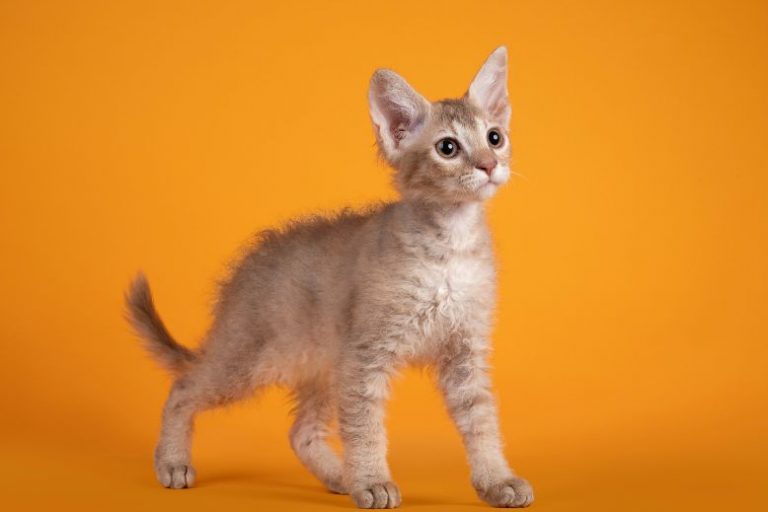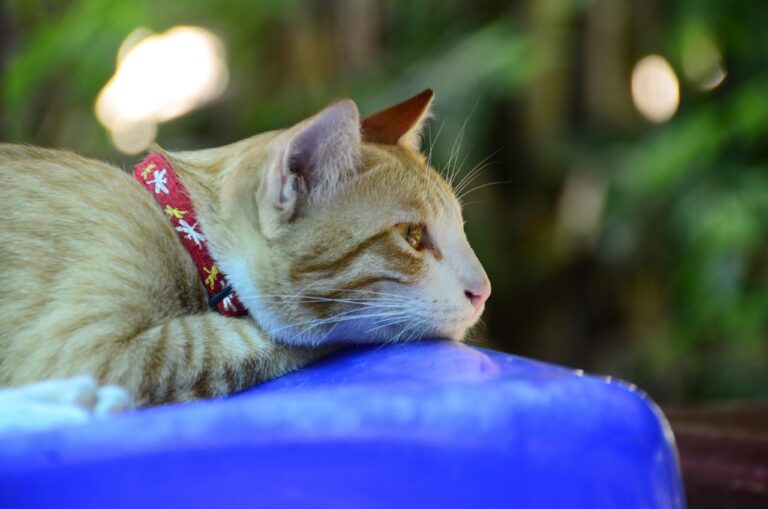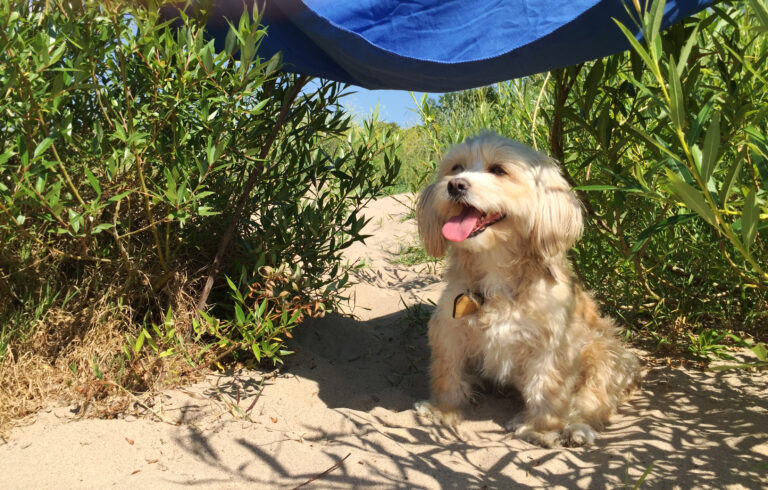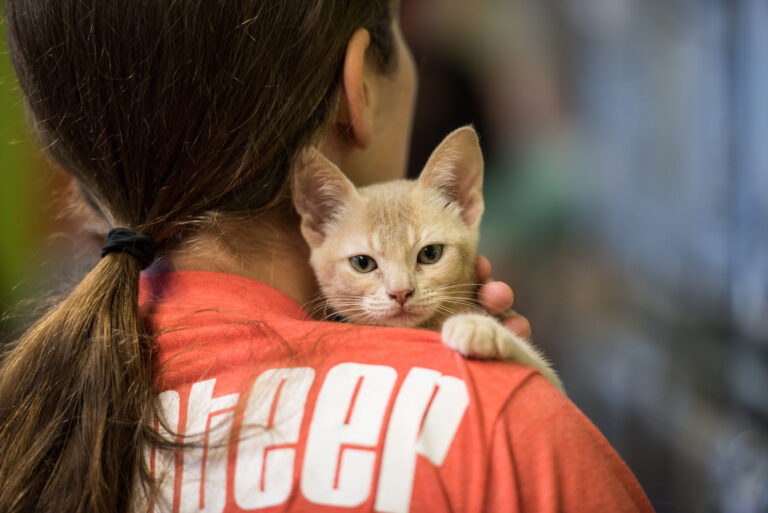Choosing a cat is an exciting decision, but selecting the right breed for your lifestyle is just as important as deciding to adopt one. Cats come in various sizes, from tiny, lightweight breeds to large, muscular felines. While all cats have unique personalities, size plays a role in their activity level, space requirements, and overall care needs.
If you’re considering bringing a new feline friend into your home, this guide will help you compare small vs. large cat breeds to find the perfect fit for your living situation and lifestyle.
Table of Contents
Small Cat Breeds: Compact and Playful Companions
Small cat breeds typically weigh between 5 to 10 pounds and are known for their agility and energetic nature. These felines often fit well into smaller living spaces and require less food and maintenance compared to their larger counterparts.
Popular Small Cat Breeds
- Singapura – One of the smallest cat breeds, weighing around 4-8 pounds. Playful, social, and affectionate.
- Devon Rex – A lightweight breed with a curly coat, large ears, and a mischievous personality.
- Cornish Rex – Known for its slender frame, wavy fur, and high energy levels.
- Oriental Shorthair – Sleek and slim, these cats are vocal, social, and highly intelligent.
- Munchkin – A breed famous for its short legs, playful nature, and compact body.
Pros of Small Breeds
✔ Ideal for Apartment Living – Small cats require less space to roam and exercise, making them perfect for city dwellers.
✔ Lower Maintenance Costs – They consume less food and often require smaller litter boxes.
✔ More Playful and Active – Many small breeds are energetic and love interactive play.
✔ Easier to Handle – Lighter weight makes them easier to carry, groom, and transport.
Cons of Small Breeds
✖ More Fragile – Small cats can be more delicate and may require extra care, especially around young children.
✖ Higher Energy Levels – Some small breeds are extremely playful and may require more stimulation.
Large Cat Breeds: Majestic and Gentle Giants
Large cat breeds weigh between 12 to 25 pounds and often have a strong, muscular build. Despite their size, many large cats are known for their gentle and affectionate nature, making them ideal for families and households with plenty of space.
Popular Large Cat Breeds
- Maine Coon – One of the largest domestic cat breeds, weighing up to 25 pounds. Known for their affectionate and dog-like personality.
- Ragdoll – Large, fluffy, and relaxed, these cats love being held and cuddled.
- Norwegian Forest Cat – A strong, long-haired breed with excellent climbing skills.
- Savannah Cat – A hybrid breed with a tall, lean body and energetic nature.
- Siberian – Large, fluffy, and hypoallergenic, with a playful yet gentle personality.
Pros of Large Breeds
✔ Affectionate and Social – Many large breeds are known for their friendly and relaxed demeanor.
✔ Great for Families – Their size and sturdiness make them ideal for homes with children.
✔ Low to Moderate Energy Levels – Large cats are often less hyperactive than small breeds.
✔ Impressive Appearance – Their majestic size and fluffy coats make them visually striking pets.
Cons of Large Breeds
✖ Require More Space – Large cats need bigger living areas to move around comfortably.
✖ Higher Maintenance Costs – They eat more food, require larger litter boxes, and may need bigger furniture like cat trees.
✖ Heavier Weight – Carrying, grooming, and handling a large cat can be challenging for some owners.
Which Cat Size Fits Your Lifestyle?
Choosing between a small or large cat depends on factors like space, lifestyle, activity level, and personal preference. Here’s a quick breakdown to help you decide:
Best for Small Apartments or City Living:
- Singapura
- Devon Rex
- Cornish Rex
- Munchkin
- Oriental Shorthair
These small breeds require less space, are easy to care for, and fit well in compact living environments.
Best for Families with Kids or Other Pets:
- Maine Coon
- Ragdoll
- Siberian
- Norwegian Forest Cat
- Savannah Cat
Larger breeds tend to be gentle, social, and patient, making them great for multi-pet households or families with children.
Best for People Who Want a Low-Maintenance Cat:
- Ragdoll (laid-back personality)
- Singapura (small size, low shedding)
- Siberian (hypoallergenic coat)
These breeds require less effort in terms of grooming and activity needs.
Best for Active, Playful Owners:
- Savannah Cat
- Cornish Rex
- Abyssinian
- Bengal
- Oriental Shorthair
If you love an engaging, high-energy cat, these breeds will keep you entertained with their playful and curious nature.
In Conclusion

Both small and large cat breeds have their unique advantages and challenges. The right cat for you depends on your home environment, lifestyle, and personal preferences. Whether you prefer a tiny, playful companion or a large, affectionate lap cat, there’s a breed out there that will fit perfectly into your life.
Before adopting, consider visiting shelters or breeders to interact with different cat breeds and see which one matches your personality best. Regardless of size, every cat deserves love, care, and a forever home.







